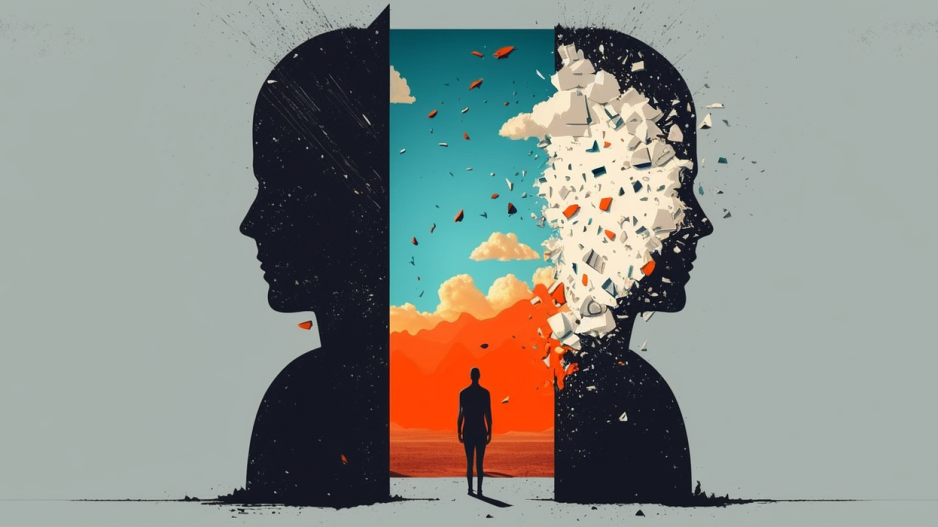How to Use AI at Work Without Compromising Critical Thinking
Study Reveals Over-Reliance on AI May Hinder Creativity and Independent Problem-Solving
Artificial intelligence has become deeply integrated into our daily lives. While initial concerns revolved around AI replacing jobs, more workers are now using it as a tool to enhance productivity. However, this growing reliance comes with complications. Excessive AI usage is raising concerns about its impact on human cognitive abilities.
A study conducted by Carnegie Mellon University in collaboration with Microsoft—the company that has invested nearly $14 billion in AI and funds its development—found that increased dependence on AI tools leads to reduced critical thinking.
Researchers surveyed 319 knowledge workers—employees whose jobs involve data management—asking them to share examples of AI usage in their work. They were then questioned on their confidence in AI-generated results and whether they could have performed the tasks independently.
The findings were striking: employees who fully trusted AI demonstrated lower critical thinking skills compared to those who actively reviewed and processed AI-generated results. Researchers also found that AI usage inhibited creativity, as employees relying on AI tools produced "less varied outputs for the same tasks" than those who depended on their own cognitive abilities.
According to the study’s researchers, "From calculators to GPS maps, many technologies have simplified daily tasks by reducing critical thinking. However, with AI, we may be at risk of completely replacing ourselves." While AI enhances performance, it can also diminish critical thinking, particularly in low-risk tasks where users passively rely on AI-generated outcomes. This raises concerns about long-term dependence and declining problem-solving skills.






